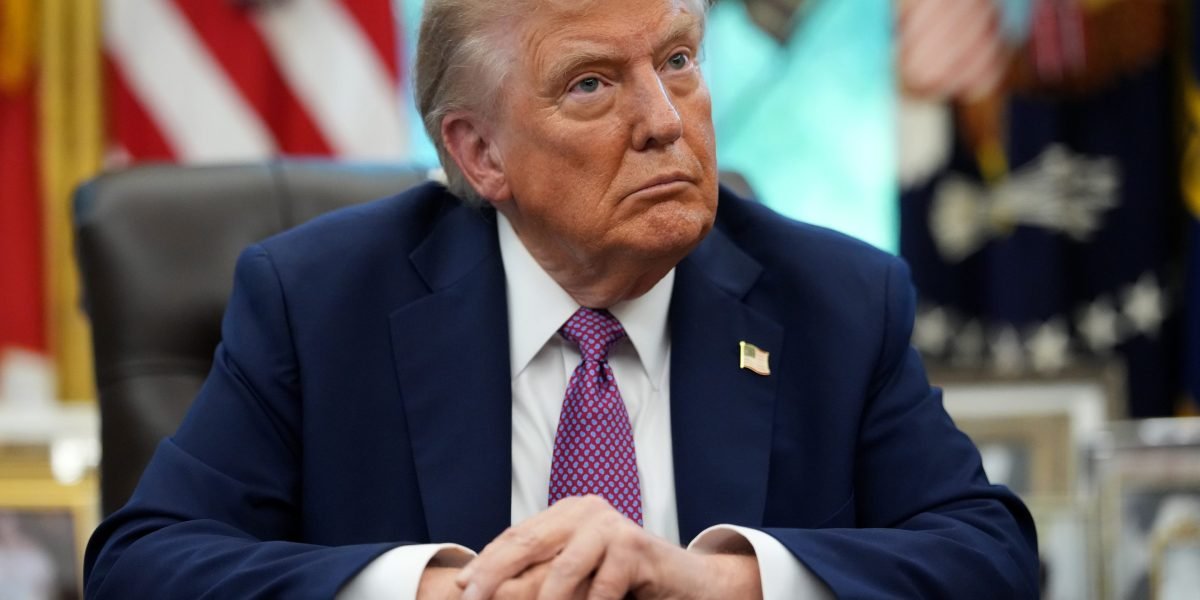Broad-scale economic reforms and deregulation are the two macro factors that can help India’s undervalued equities gain positive momentum in the short term, even as US tariff headwinds remain, according to HSBC Chief India Economist Pranjul Bhandari.
“We need a series of economic reform, GST is just one of them. Deregulation happening at the central and state level can be silent, but have huge impact. We are now more open to external trade,” Bhandari said.
She said India’s recent trade arrangements with countries in the Middle East and Europe shows the country’s increasing openness to external trade. A reduction in import tariffs will help domestic producers in their input costs and make goods more competitive.
Moreover, the economist said India had long only attracted high-tech FDI in areas like solar panels, green hydrogen, and electric vehicles; however, now, most developing and advanced countries are rolling out competing incentives.
“So now, all that money may not come into India. We can attract many mid-tech manufacturing FDI like textiles, furniture, and toys. These are labour intensive sectors that can provide more jobs,” Bhandari said.
She said India has underperformed over the last year in all four asset classes — equities, government and corporate bonds, and currency.
“FDI flows across the world are on pause because there is uncertainty about the rules of the game… Strengthening the economy through reforms and stimulus could be a key catalyst for markets. Growth outlook will be clearer from mid-2026,” she said.



